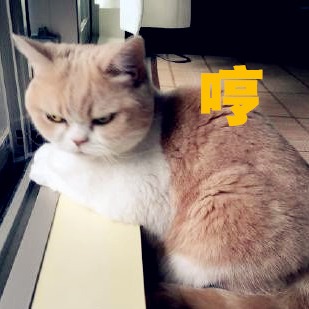
Interjections, sometimes also called exclamations, are a type of function word used in calling out, to express strong emotions, or to indicate agreement. There are many interjections you can use in Chinese. We introduced a few to you in this article.
Showing that you are happy
哈哈 (hā ha, ha-ha) is the way how Chinese people laugh. Use it when something is funny, and you are laughing loudly. We say 哈哈大笑 (hā hā dà xiào, burst into hearty laughter) as a Chinese idiom.
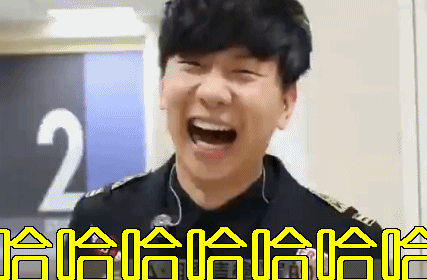
Other interjections can also indicate that you are happy:
嘻嘻 [xī xī]: a witty laugh always following an act of twinkle;
嘿嘿 [hēi hēi]: a sly grin;
呵呵 [hē hē]: Pay particular attention to this word 呵呵. 呵 is variant of 啊 (a), to express yelling, laughing or surprising. But now, it gradually becomes a perfunctory, sarcasm word to show that you’re speechless. Sometimes it even has an abusive meaning.

Showing that you are surprised
哎呀 (āi ya) is an interjection to indicate surprise or shock.
For example:
āi ya, zhè zhāng huà bèi nòng zāng le
哎呀,这张画被弄脏了!
Oh my! The picture's got dirty!
āi ya, zhè shuǐ guǒ zhēn tián na
哎呀,这水果真甜呐!
Ah, this fruit is really sweet!
You can also use 哎呀 to show your pain, like “ouch/ow-witch” in English.
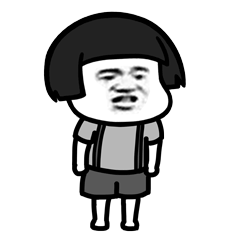
Other words to show your surprise:
哇 [wā]: wow, holy cow
呀 [yā]: ah, oh
咦 [yí]: a rising tone to show your doubt or surprise with a question mark
Showing negative emotions
呸 [pēi]: to express something is disgusting or yucky
For example:
pēi! hú shuō bā dào
呸! 胡说八道!
Bah! That’s nonsense!
唉 [ài]: to sigh or show that you are disappointed
For example:
唉,真可惜!
ài, zhēn kě xī
What a pity!

哼 [hng]: to show that you’re angry
For example:
hng,shuí xìn nǐ de
哼,谁信你的!
Humph! Who believes what you say?
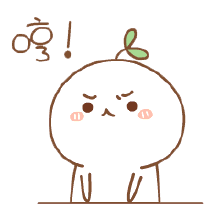
Interjections in an affirmative sentence
If you want to show you realize or understand something, you can use 哦 (ò) and 噢 (ō) .
For example:
ò, wǒ xiǎng qǐ lái le
哦,我想起来了。
Ah, I've got it.
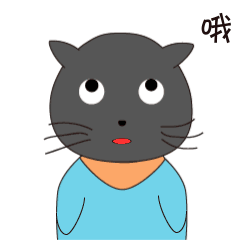
嗯 (èn) is used when you give an affirmative answer like “OK” in English. It sounds like “huh/hum.”
For example:
tā èn le yī shēng,jiù zǒu le
他嗯了一声,就走了。
He merely said,“H’m”, and went away.
You can also use 呃 (è) to show that you are thinking about something, similar to “uh…” in English.
For example:
è, wǒ méi tīng dǒng
呃…我没听懂。
Eh, I don’t understand.
Questioning with interjections
Usually, Chinese people like to add interjections at the end of a sentence to signify a question tag.
For example:
呢 [ne]
Nǐ men zěn me qù tú shū guǎn ne?
你们怎么去图书馆呢?
How do you go to the library?
吧 [ba]
tā men bù zài jiā ba?
他们不在家吧?
They aren’t at home, right?
啊 [a]
zhè gè rén shì shuí a
这个人是谁啊?
Who’s this person?
吗 [ma/má]
nǐ gàn má
你干吗?
What are you going to do?
nǐ bù néng zǒu kuài diǎn ma
你不能走快点吗?
Can't you walk a little faster?
Source: Ninchanese
Editor: Jade
If you have any problems with this article, please contact us at app@chinadaily.com.cn and we'll immediately get back to you.